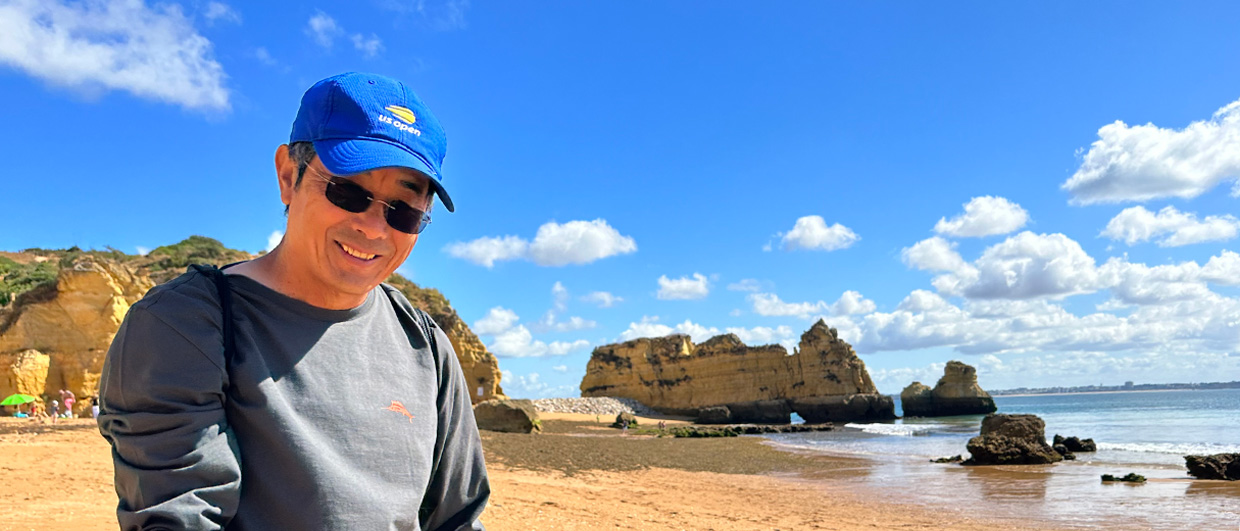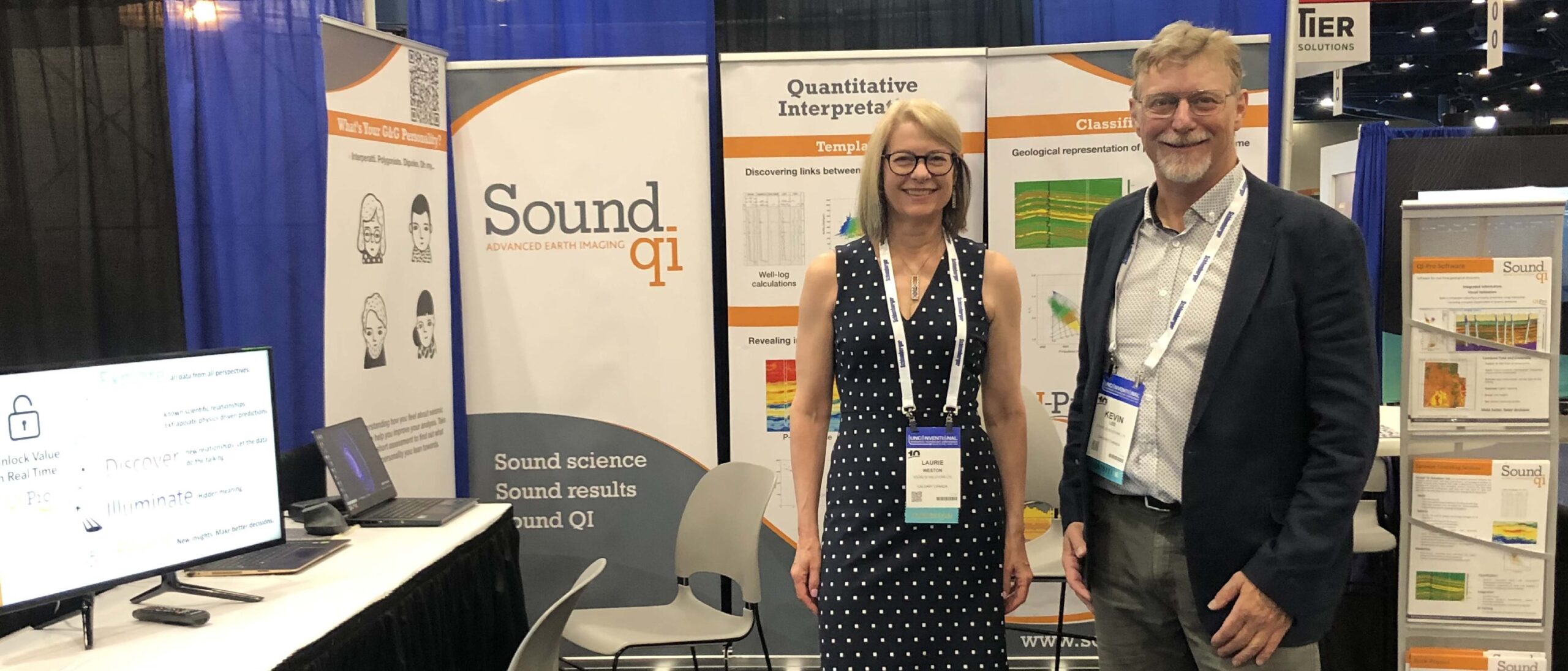Why is this development so exciting?
The NERC Centre for Doctoral Training (CDT) is a truly game-changing initiative and represents the most exciting development in the provision of training for the energy industry in the UK that has occurred during my career. The initiative is being led and coordinated by John Underhill, Professor of Exploration Geoscience at Heriot-Watt University, who has developed and promoted a collaborative vision linking academic, industry and environmental interests in the oil and gas sector. The collegiate structure and inclusive nature at its heart is extremely attractive to many members of the industry and will create a ‘one stop shop’ for industry and academic engagement for both research and recruitment. I am delighted to be involved in such an innovative, studentcentric project designed to attract and train top postgraduate talent for the future energy industry.
Why is this centre needed?
At present the academic world delivers two types of postgraduate student to the oil industry: Masters graduates, who are given access to the tools and techniques used regularly in the industry, and PhDs.
The latter group have skills in critical data analysis and problem solving gained during three years of independent study, but may lack exposure to industrially relevant problems. There may also be a perception amongst those applying for PhD projects that cutting-edge research is unlikely to relate to the future challenges faced by the oil and gas industry. The CDT will provide five months of formal training, allowing students to see their projects in the broader context of the future needs and challenges facing the energy industry.
 Dr. Keith Gerdes is Global Exploration Advisor for Shell International and the AAPG European Region President.What are the aims of the centre?
Dr. Keith Gerdes is Global Exploration Advisor for Shell International and the AAPG European Region President.What are the aims of the centre?
The CDT is seeking to attract the best and most talented students into oil- and gas-related PhD research by providing a challenging, supportive and high level research and learning environment, which will encourage PhD graduates to join the industry and also make them highly desirable candidates for recruitment. The partnership aims to achieve a balance of PhD projects across four themes: environmental impact; extending the life of mature basins; exploring in challenging environments; and unconventional resources. These themes will be modified and new ones will emerge in future years in response to developing research and training needs.
How will this be achieved?
The establishment of a Training Academy is an integral part of the CDT. This will draw extensively upon industry and academic training providers to build a structured programme of five months multi-disciplinary training during the first three years of each PhD. The Academy will cover a mix of generic and technical research skills, plus business, legal, environmental and engineering disciplines, delivered in week-long modules over the course of the studentship. It will give students the opportunity to work together in multi-disciplinary teams, a critical ability to develop for a future career in either research or the modern energy industry. The Academy and annual CDT conference will also provide the students with the chance to network with peers, industry professionals and researchers.
All students will have access to industry-standard software, data and research facilities and training will also include field trips and interuniversity projects.
Which organisations are involved?
The opportunity to host the Centre was the subject of competitive tender, won by a consortium led by Heriot-Watt University (HWU) in Edinburgh. The Consortium Management Group consists of seven core partners (HWU, the British Geological Survey and the Universities of Aberdeen, Durham, Imperial College London, Manchester and Oxford), all of which have extensive research programmes across a wide range of disciplines relevant to the modern-day energy industries. A further 11 UK universities (Birmingham, Cardiff, Dundee, Exeter, Glasgow, Keele, Newcastle, Nottingham, Royal Holloway, Southampton and Strathclyde) and one NERC affiliate (the National Oceanographic Centre) are Associate partners of the CDT, bringing diversity and expertise in additional disciplines to it.
How will the costs be covered?
The Natural Environmental Research Council has invested £2.7m in support of 10 PhDs and the consortium has guaranteed an additional £5.2m, allowing a total of 31 PhDs to be funded each year.
The attractiveness of the CDT has already been identified by BP, Shell, BG, E.ON, Total and ConocoPhillips, who have pledged in excess of £0.88m to support the Training Academy for the first three years. Further commitment by industry and NERC is expected in the near future.
Contact John.Underhill@pet.hw.ac.uk for further details.





